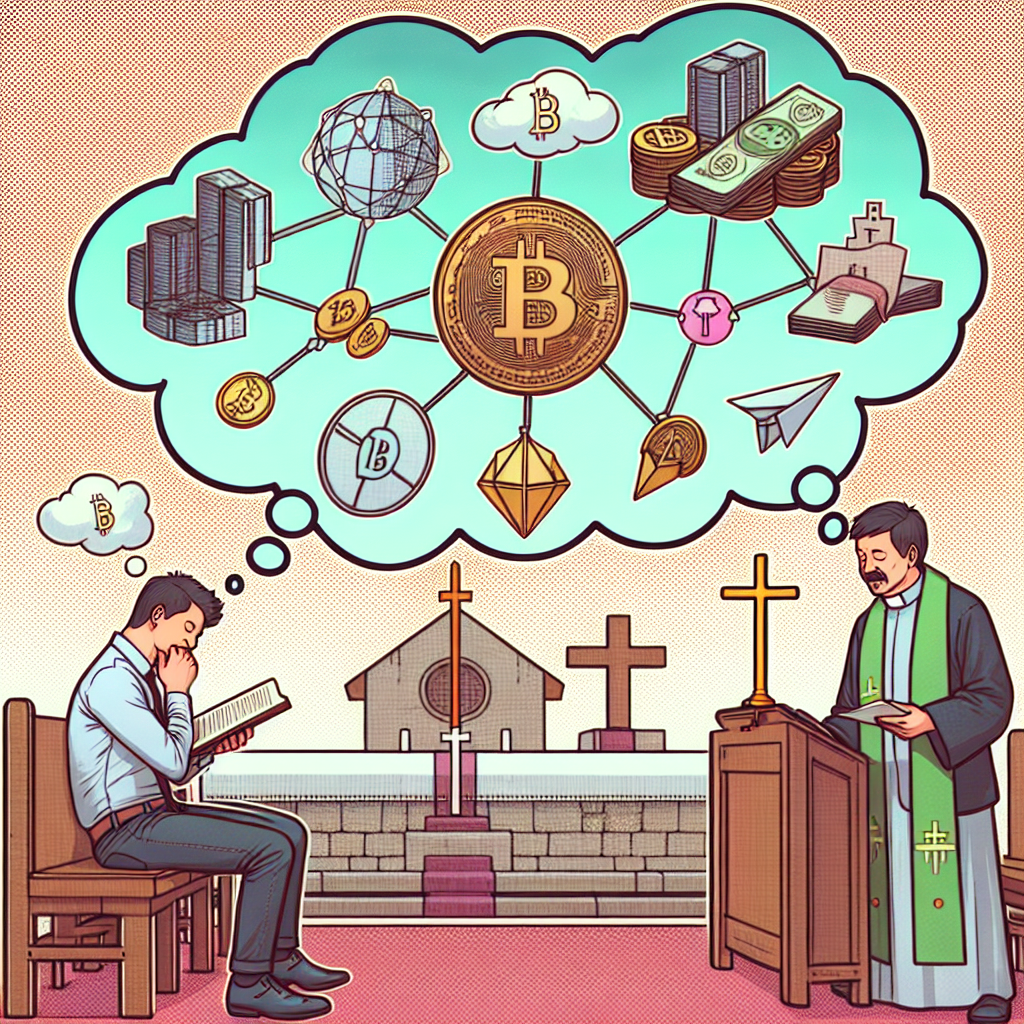A prominent religious figure, Pastor Rodney Allen, has recently come under scrutiny for his alleged involvement in a cryptocurrency scam. The 55-year-old pastor of the First Lady of the Lord Jesus Christ Church in New Jersey, USA, is now facing 26 counts of fraud charges. The indictment came after a long and extensive investigation into the pastor’s activities.
The charges stemmed from Allen’s alleged manipulation of church funds, particularly in the form of cryptocurrency investments. It was reported that the pastor had been encouraging his church members to invest in a cryptocurrency venture. He claimed that the venture was a risk-free investment with guaranteed high returns. However, these investments turned out to be non-existent, leading to significant financial losses for his congregation.
According to the indictment, Pastor Rodney Allen had defrauded his church members out of approximately $631,000 over a period of five years. Instead of investing the funds as promised, Allen allegedly used them for personal expenses and to maintain his luxurious lifestyle. The pastor allegedly spent the funds on expensive cars, private school tuition for his children, and other personal luxuries.
The charges against the pastor include securities fraud, wire fraud, and money laundering. If convicted, Allen could face significant penalties, including hefty fines and a lengthy prison term. The case serves as a stark reminder of the potential risks involved with cryptocurrency investments, particularly when those promoting such investments are not transparent or truthful about the associated risks and returns.
While the world of cryptocurrency offers many legitimate investment opportunities, cases like this highlight the importance of conducting thorough research before investing. Investors are advised to be wary of investments that promise guaranteed returns or claim to be risk-free. As with any investment, there is always a degree of risk involved, and it is crucial for investors to understand these risks before proceeding.
This case also underscores the need for accountability and transparency in religious institutions. Church members often place a great deal of trust in their leaders, and it is crucial that this trust is not abused. As this case demonstrates, even religious leaders can fall prey to greed and corruption, underscoring the importance of checks and balances within religious organizations.




